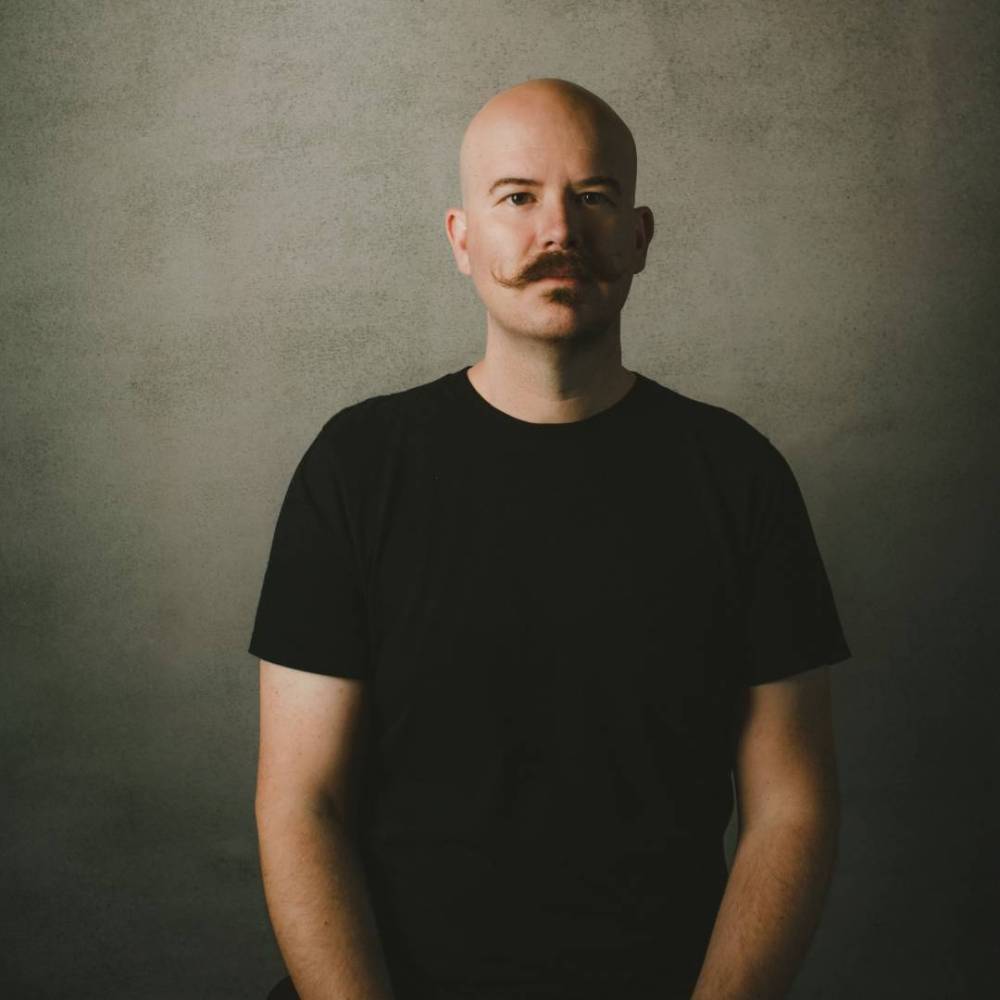Image via Anja Schütz
Michael McKinney understands the cultural importance of Kreayshawn’s “Gucci Gucci.”
The most telling thing about Roomful of Teeth is their name: it is eye-catching, surreal, and physical at once, casting familiar ideas in wildly unfamiliar terms. It’s a neat analog for their music, which melds umpteen vocal-music traditions, modern-classical idioms, and musical histories with an unmissable grin. Over the past decade, Roomful of Teeth have become a critical fixture on the new-music circuit thanks to this approach. Their work is as electric as it is unpredictable: It’s spoken-word experimentalism; it’s guttural death metal; it’s stained-glass ambience; it’s a blue note stretched out for hours; it’s folk music suspended over a black hole. It’s worth noting that Roomful of Teeth describe themselves as a “vocal band” rather than a choir: their music frequently boasts the kind of watch-this energy you’ll find in a basement punk show, and they prefer bars to churches.
Last year, Roomful of Teeth released their latest solo LP. Their approach is too wide-ranging to be neatly encapsulated, but Rough Magic comes close. A piece by William Brittelle splits the difference between windswept minimalism and wall-of-sound harmonies; Caroline Shaw’s The Isle suite takes Shakespearean texts and whips them into a veritable Tempest, crashing spoken-word interludes into hair-raising vocal solos and brain-bending balladry. Rough Magic is, at once, hair-raising and utterly disorienting, a maze of wails and tight harmonies and trap doors. Choral music has long held a touch of psychedelia, voices intertwining as they stretch towards something greater; in their work, Roomful of Teeth simply underline that possibility, to dizzying effect.
A few months later, the band got back on the road. On STILLPOINT, a remarkable modern-classical rough-up from pianist Awadagin Pratt, they underlined their new-music bona fides, biting into Pratt’s keyboards and A Far Cry’s walls of strings. It is a more austere record than Rough Magic, to be sure, but, in its chase towards quiet delirium, it is not so dissimilar. Each record is high-drama, brain-bending, and wildly inventive, and they show a critical new-music ensemble sprinting headlong towards the unfamiliar.
Last year, we had a chance to chat with Cameron Beauchamp, the lowest voice in Roomful of Teeth and the group’s co-artistic director. Fresh off a tour of the Midwest, he called in from his new digs in Connecticut, going deep and wide. We spoke on Roomful of Teeth’s connections to installation work, the import of pushing against stylistic boxes, their processes in the studio, singing into trash cans, and lots more.
(This interview has been condensed and lightly edited for clarity.)

